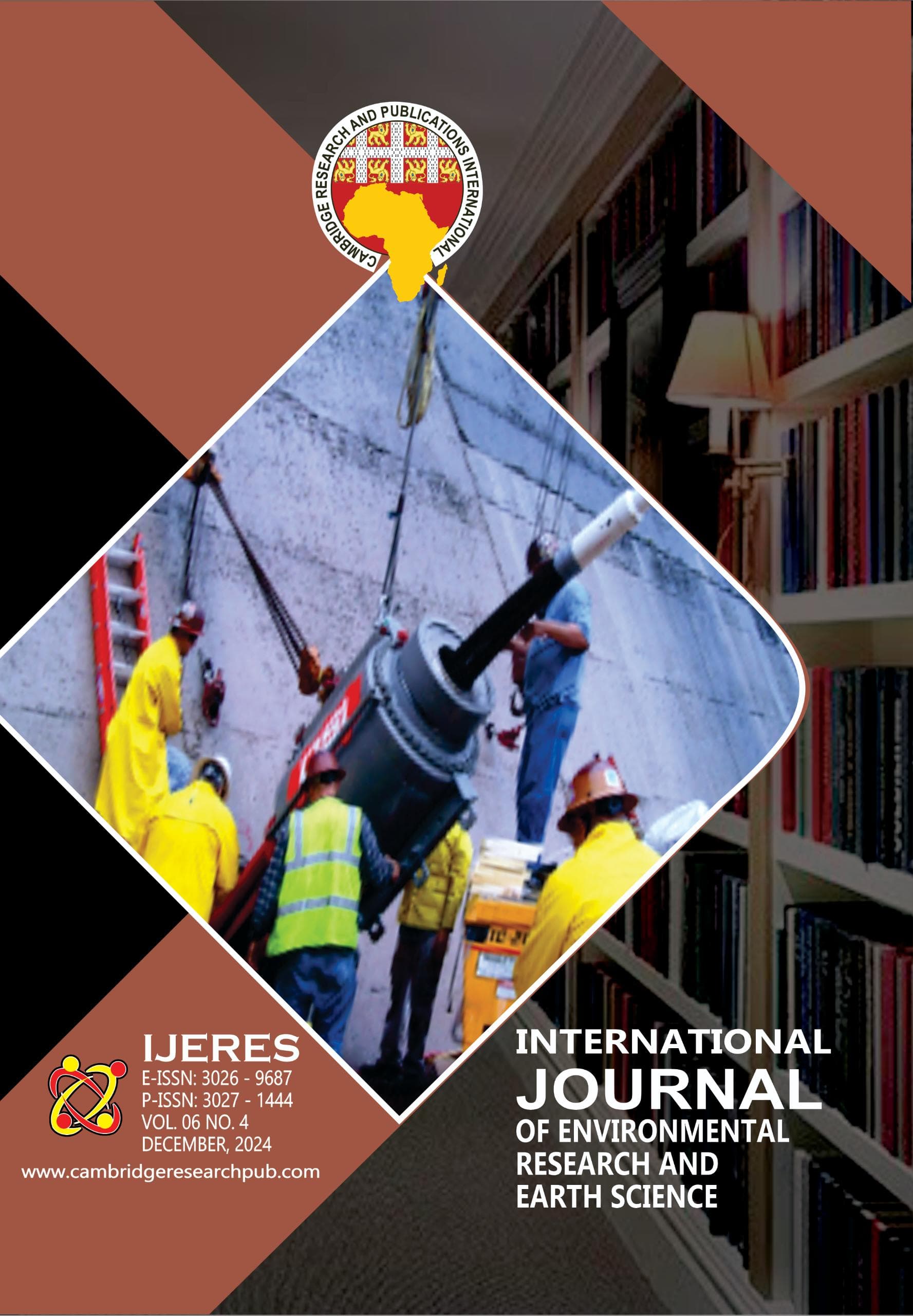LIVEABILITY CHALLENGES IN REMOTE GATED ESTATES IN NIGERIA: A DISQUISITION OF INFRASTRUCTURAL DEFICIENCIES
Main Article Content
Abstract
This study investigates the liveability challenges faced by remote gated estates in Nigeria, employing a mixed-methods approach. Purposive sampling targeted 150 gated community sites across five of the six outer Ibadan city local government areas, ultimately narrowing the focus to 68 respondents who are estate developers. Findings reveal a striking awareness among respondents regarding the absence of infrastructural facilities; 97% acknowledged this issue, suggesting that the appealing aesthetics of gated estates—characterized by partial fencing and grand entrances—often serve as deceptive marketing tools rather than indicators of true liveability. Additionally, the research highlights significant distance-related challenges, with 80.6% of respondents noting that the average estate is situated 31 to 45 kilometers from the inner city, while only 3% are within 15 kilometers. Beyond infrastructural deficiencies, this study uncovers broader implications affecting residents, including lack of water and electricity, security dilemmas, social isolation, environmental degradation, economic barriers, cultural displacement, and accessibility issues. The spatial separation from urban centers exacerbates these challenges, hindering residents' quality of life and limiting access to essential services. In conclusion, while gated estates are often marketed as exclusive living environments, the realities of life within these developments reveal a complex interplay of unmet expectations and significant barriers. This research underscores the need for comprehensive planning and policy interventions aimed at enhancing the liveability of remote gated estates in Nigeria, ensuring that they fulfill their intended role as viable and sustainable communities rather than merely as aesthetic enclaves.
Downloads
Article Details
Issue
Section

This work is licensed under a Creative Commons Attribution 4.0 International License.
